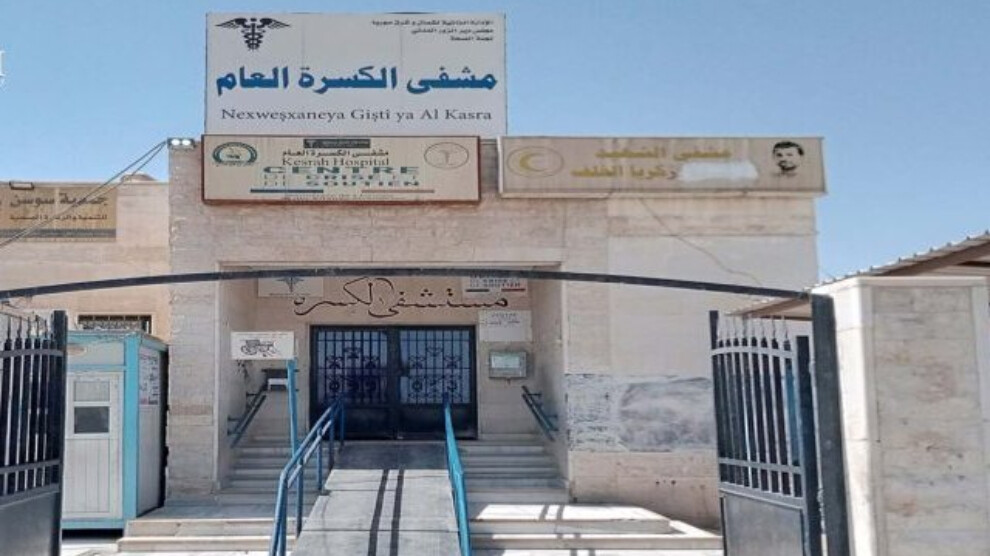The Health Board of Autonomous Administration of Northern and Eastern Syria has announced that 3 people have died in Deir ez-Zor and Raqqa due to cholera, and reportedly hundreds of others have developed symptoms over the past few days.
There has been a reported lack of water sterilization and filtering at water stations over the past few months, as well as unhygienic waste disposal practices, leading to contamination of drinking water supplies.
According to the Rojava Information Centre (RIC), this situation is linked to the declining water flow in the Euphrates River. Cholera is a water-borne bacteria and reduced freshwater supply is associated with an increased risk of cholera outbreaks.
Since January 2021, the flow of water in the Euphrates River entering NES from Turkey has dropped considerably, falling below 200 m³/s, despite a 1987 Syria-Turkey agreement which stipulated that Turkey will not reduce the amount of water flowing into Syria below 400 m³/s.
Turkey has continued constructing irrigation and energy projects on the Euphrates, giving it the ability to heavily restrict the water flow into Northern and Eastern Syria and weaponize its position as an upstream state.
Turkey has also refused to sign the 1997 UN Water Convention and was one of only three countries to vote against it in the UN General Assembly. This convention requires countries to share rivers equitably and not cause significant harm to co-riparian states.
The falling level of the Euphrates has affected the operations of NES’ 3 dams, with dam turbines becoming inoperable as water flow is too little. Water stations have been forced to reduce or completely stop their activity.
Fawaz Awad al-Atish, the deputy director of the Drinking Water Directorate, recently commented that 65 water stations in Deir ez-Zor have been forced to cut their operating hours due to the decreasing level of the Euphrates River.
Tishreen dam director and engineer Hammoud al-Hamadin has explained that when water flow is reduced in a river, contaminants, pollutants and waste concentrations are higher. River levels dropping also creates some stagnant pools and quagmires where bacterial pathogens can thrive.
Furthermore, when water is reduced in quantity and usual sources run dry, as has been the case with the Euphrates in NES, people are forced to revert to risky drinking behaviours, consuming unclean water.
This is not the first instance of a disease outbreak due to Turkey restricting the Euphrates’ flow: cases of leishmaniasis have risen sharply, since the sandflies which spread the disease thrive around swampy, drying riverbeds.
Furthermore, in June 2021, the Chief Physician at Heseke’s Public Hospital shared that they were dealing with over one hundred cases of diarrhoea and water-borne illness every day.
Walat Darwish, the co-chair of AANES’ Energy Office recently commented that, "[NES’] population depends heavily on the Euphrates River in their daily lives, whether it is with drinking water, agriculture, fisheries, energy, and the lack of water negatively affects [their] lives"














